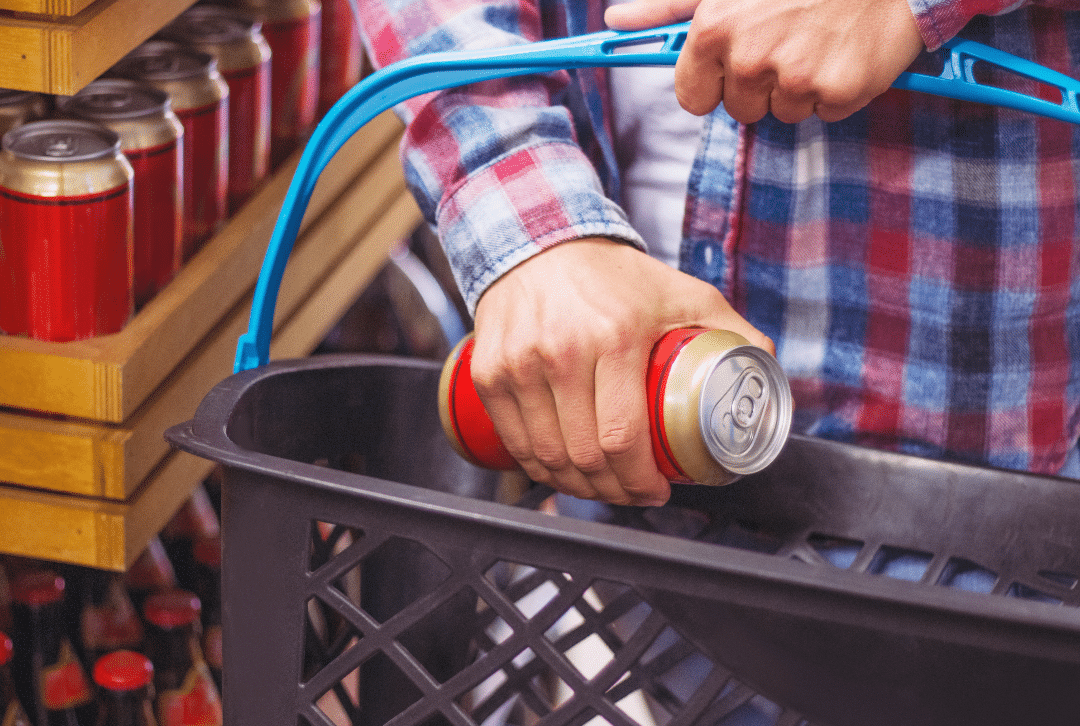It’s common for people to have a few drinks socially; but how can you tell when a fun pastime turns into a problem?
Some individuals drink frequently, but wouldn’t be considered addicted. There is an extremely fine line between drinking recreationally and abusing alcohol, so it’s difficult to determine where one ends and the other begins.
If you think you or someone you love may be developing an alcohol problem, or is showing signs of alcohol addiction, it’s important to know the signs of abuse before giving your own diagnosis. After all, there are many levels to alcoholism — some more severe than others.
When a person abuses alcohol but is still able to resume their daily routine, they may be what is considered a functioning alcoholic. Since these individuals have families, healthy relationships, and careers, it can be hard to tell when they’re developing a problem. So how can you actually figure out when someone becomes a high-functioning alcoholic?

What Is High-Functioning Alcoholism?
Drinking becomes alcoholism when casual use turns into dependence or high-functioning abuse. But high-functioning alcoholics live normal lives, so they may be in denial about their problem unless they start having health or social issues. Therefore, they’re less likely to seek treatment.
Signs That They May Be A High-Functioning Alcoholic
One common mistake that people may make when trying to research high-functioning alcoholism is looking up “symptoms of alcohol abuse disorder” or a similar term. Symptoms of this condition and a more severe disorder are completely different, so it’s important that your source is strictly focusing on the signs of a high-functioning problem.
Here are 9 signs that someone may be a high-functioning alcoholic:
- Drinking a lot at once and not being able to stop
- Inability to cut down
- Drinking alone and/or during the day frequently
- Using despite possibly dangerous consequences
- Acting similar when under the influencer
- Using alcohol to relieve stress
- Drinking instead of eating
- Having a higher tolerance
- Experiencing withdrawal symptoms after not drinking
How To Help
As you can see, the signs and symptoms of high-functioning alcoholism may lead to a much bigger problem – so it’s vital to do something about it swiftly & vigilantly before the abuse spirals further.
However, if a loved one is showing the above signs, they may not accept help right away. So if you plan to approach them, make sure you’re informed first. Find a rehab program that is designed for high-functioning alcoholics, get a doctor involved, set clear boundaries in your relationships, and encourage them to undergo medical detox at a facility.
These tools are not guaranteed, but they might help a high-functioning alcoholic get a little bit closer to achieving sobriety. If you think you or a loved one may have an abuse issue, please do not hesitate to contact our specialists at 267.719.8689 to learn more about in-patient and out-patient therapy programs.





